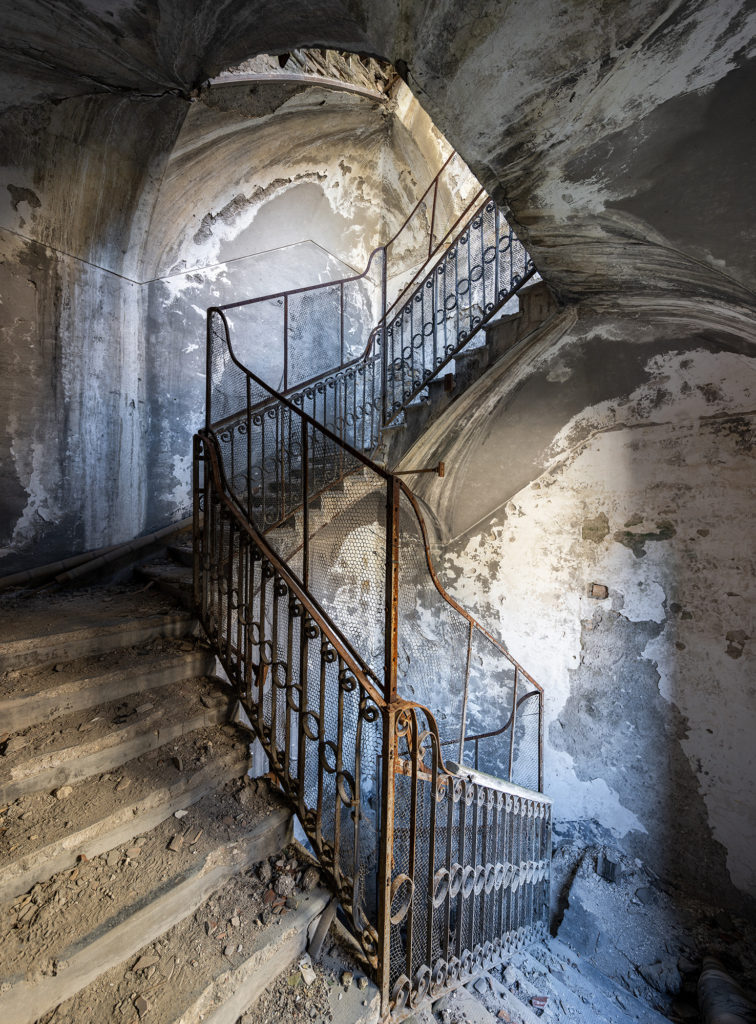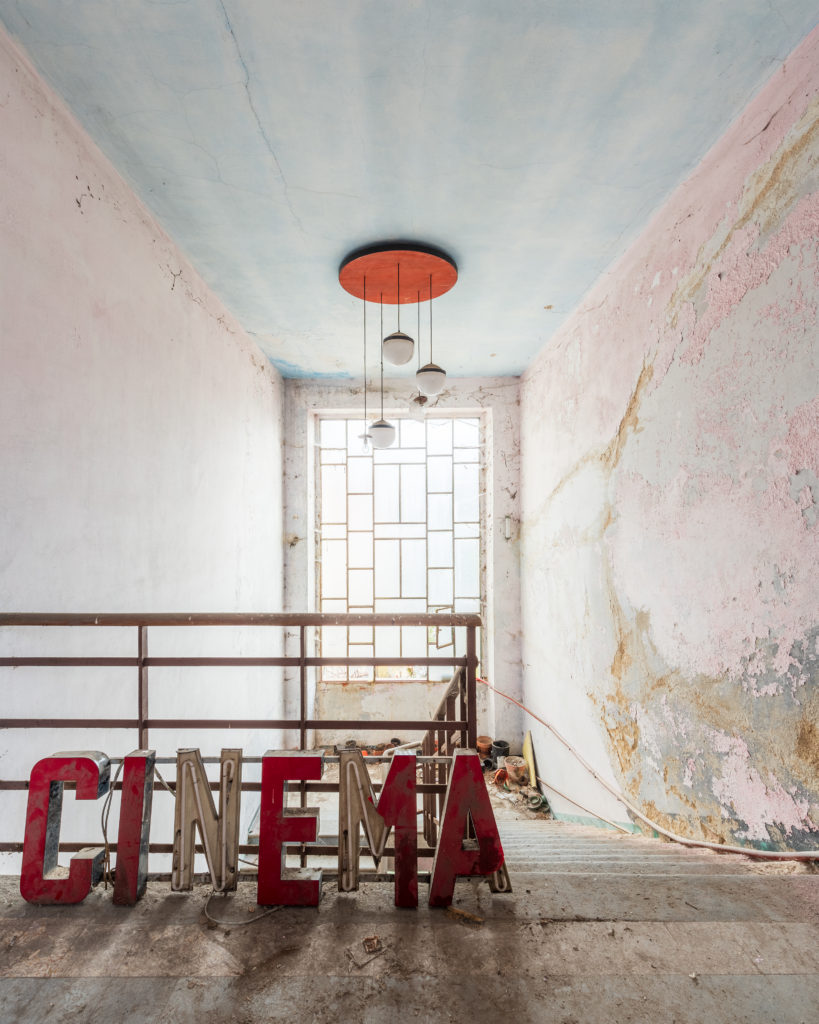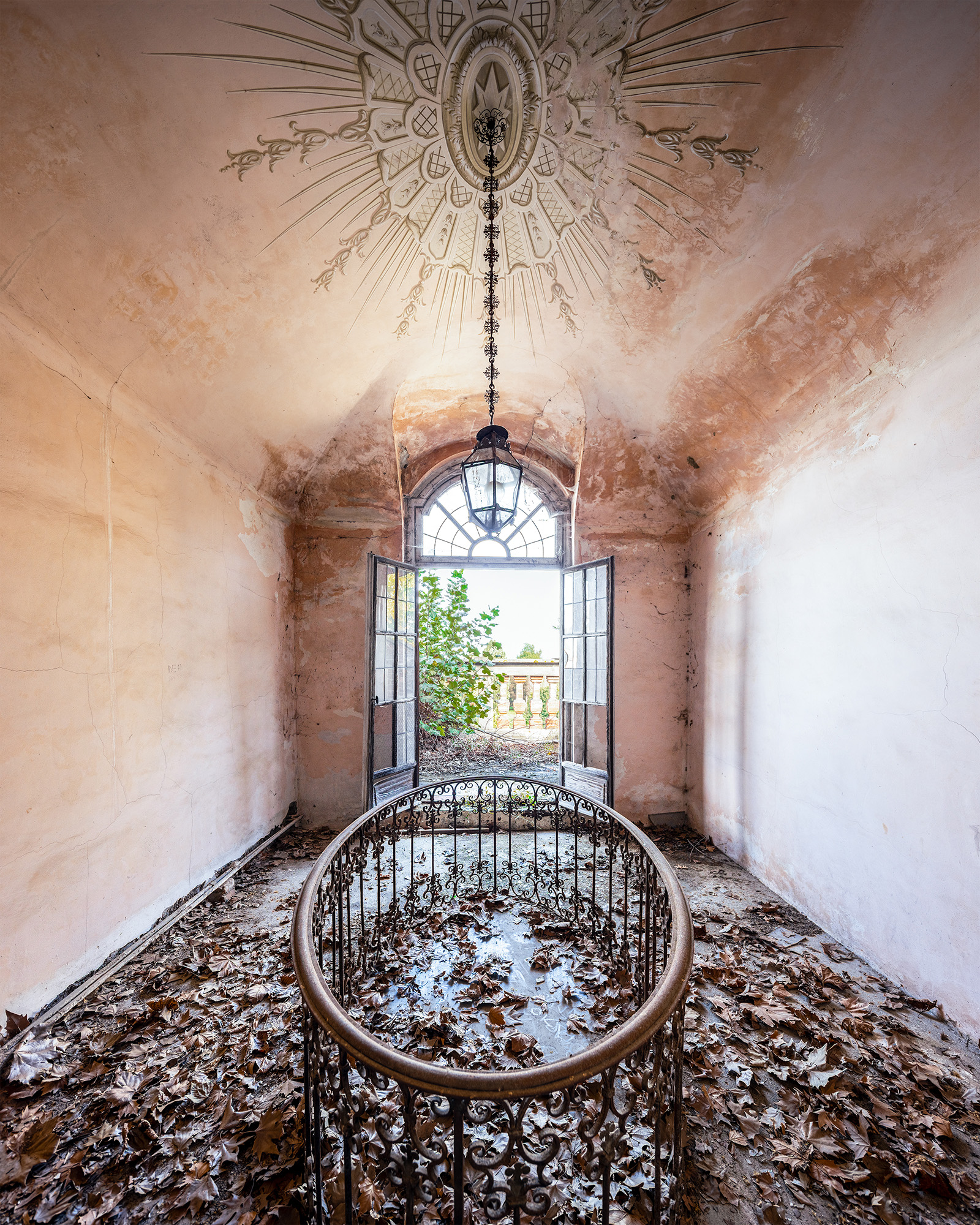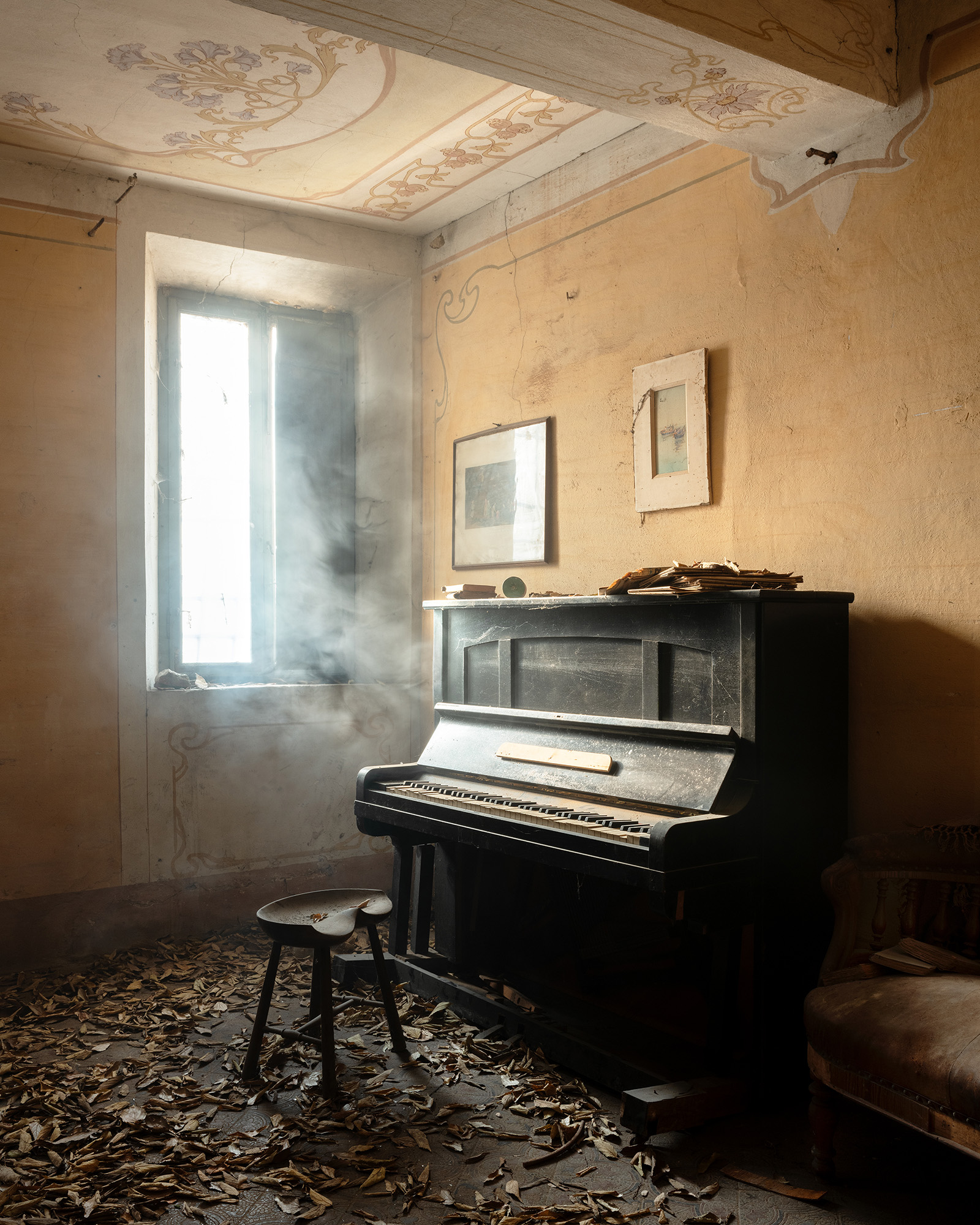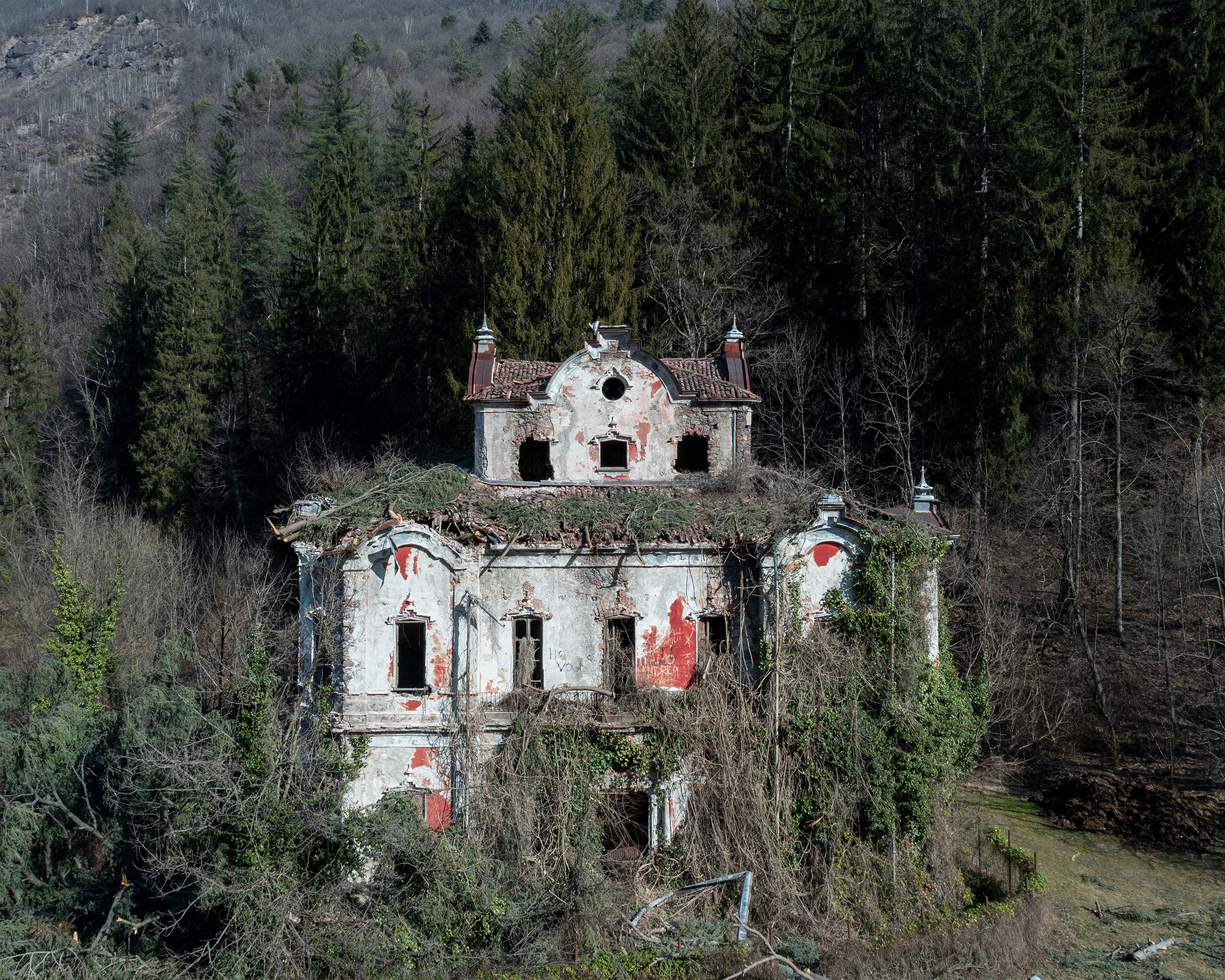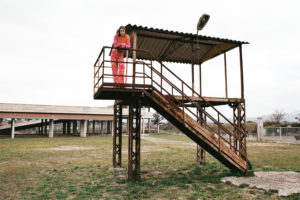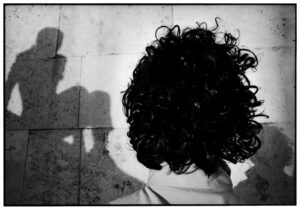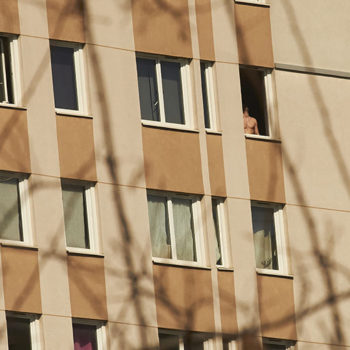‘The art of lost’
Photography Nicola Bertellotti
Interview by Alessio de Navasques
Thanks to Daniel Area Wakahisa
Where did the idea of photographing abandoned places come from and what does it mean to you?
When I was eight, my dad took me to a dilapidated funfair, something like an Italian Coney Island. I immediately felt an extreme fascination with the cracks and rust of those rides. I found them familiar, but couldn’t explain this strong attraction. However, my memory remained vivid over the years. Long after I found myself in a similar place and just like the Madeleine told by Proust, all the sensations experienced as a child re-emerged. That day I was carrying a reflex camera and it felt natural to choose photography and try to capture its soul. Every time I cross the threshold of a ruined place I believe that that emptiness has something to do with me, with my life, my visions, my deepest fears and my origins. It’s as if I discovered my old ancestors and this lead me to a state of absolute fragility and upset. I give my audience the possibility to complete the frame around abandonment through their own memories and feelings.
The spontaneous nature that takes possession of the places seems to be a constant theme in your works. Is that so?
I celebrate modern ruins as an architectural element where the decadence of human work, following its abandonment and the progressive reconquest of its space by nature, despite having within itself the tragedy of progressive destruction, is nonetheless a place of perfect harmony between the spiritual tension of man and the material forces of nature. In fact, the charm of ruins derives from their progressive return to nature, which finds a way to spread its veil over the work of man, giving life to a new form of beauty that draws its origins from the sense of decadence that pervades all. Starting from this concept, I have titled one of my series dedicated to the vegetal element among ruins: “Restitution”.
What do these three sentences make you think?
– Ipsa ruins docet.
Of the poetic collection “Antiquités de Rome” by Joachim du Bellay. Thanks to it, ruins became part of the European cultural panorama in the mid-1500s.
Of the admiration for the greatness of the Roman Empire and the feeling of melancholy for its fall, a meditation develops about the ruins highlighting the fragility of human destinies.
– “Enchanting ladies who have dreamed of eternal youth are also gone away and the luminous dancehalls and music are silent remnants in ruins that have become a refuge for foxes. How dreams appeared and then vanished and no one knows where they will stop.” – Kukai (Buddhist monk 6th century AD).
Of caducity as emotion, of the infinite chess game with time. Of the vanity of life, the fleeting border that divides us from death, the impossibility of love, of faith or an ideal, or even the inadequacy of reality towards human expectations are just some of the variants of the manifestation of this feeling. Even some places I photographed are genuine lost paradises that reveal the painful awareness of their past glory.
– “Out of piety, we lovers of antiquity restored out of piety. Out of piety we undo what they did. But possibly we are more accustomed to ruins and wounds – Marguerite Yourcenar (“That mighty sculptor – Time”)
Of John Ruskin’s idea of romantic restoration. If man in order to protect his creations from the wear and tear of time, hadn’t have another tool of defence beside resorting to “falsifying” restoration, then Ruskin suggested that instead of populating the world with altered, non authentic buildings, it would have been desirable to abandon them to degradation and to their own destiny. Taking up some of his theses, I imagine the perfect building one which time has given it a final touch.
What was your last project and what is the next one?
A few days ago I won the Trento Art Prize with my exhibition project “The Ruin and the Instants“. I’m among the finalists of the Art Prize and next October I‘ll be on show at Palazzo Reale (Milan).


